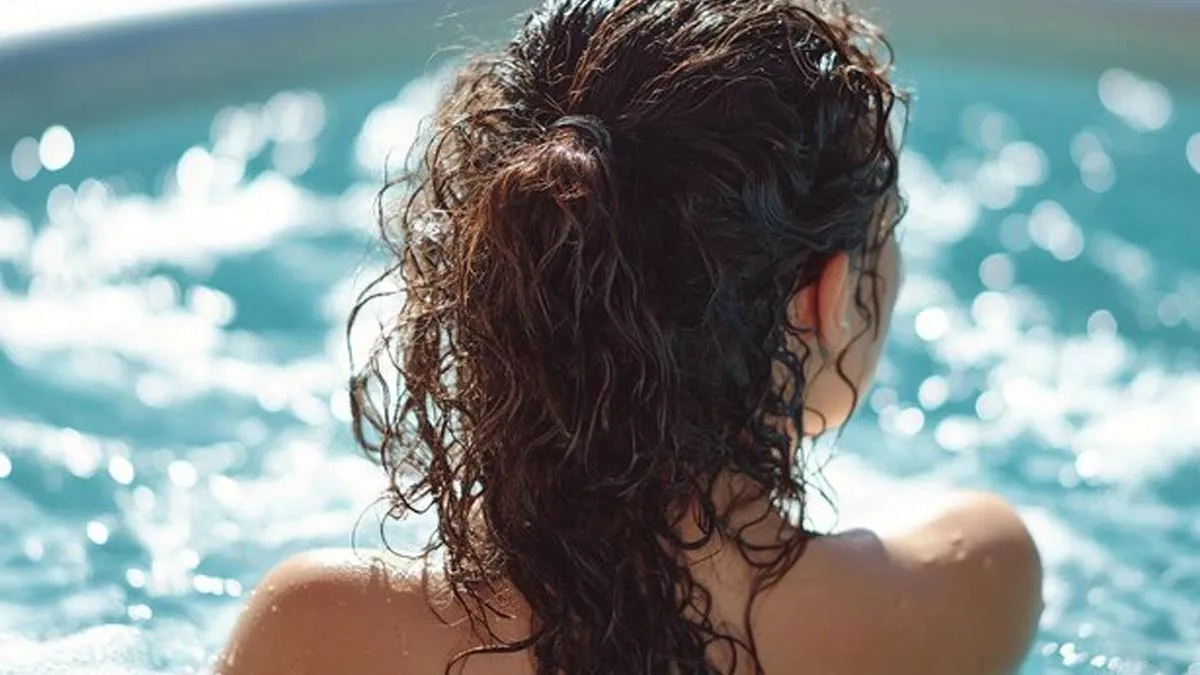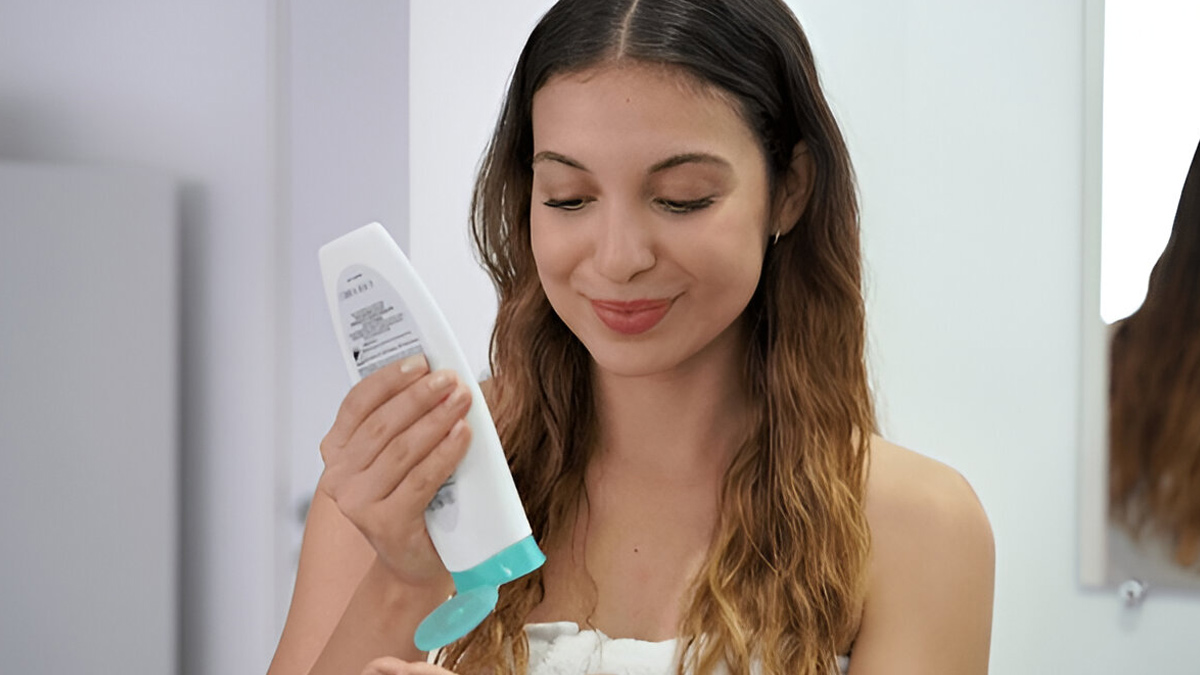
There's nothing quite like a cool splash in the pool or the sea on a hot day—but the aftermath? Not quite glamorous. Most swimmers are well aware of the battle of stepping out of water with hair that feels coarse, brittle, and dry. Ever wondered why this occurs and, more importantly, how to correct it without forsaking your favorite pool sessions?
Table of Content:-
Why Swimming Makes Hair Dry

Swimming is good for your body, but not necessarily your hair. Chlorinated pool water and seawater from the ocean can strip hair of natural oils. Here's why:
- Chlorine Damage: Chlorine is a disinfectant that is put into pool water to kill bacteria, but it also plays havoc on your hair like an abusive chemical. Chlorine strips sebum (your hair's natural oil) out of your hair, leaving your locks dry and brittle. Chronic exposure can even damage the cuticle—the protective cover, causing split ends and breakage.
- Saltwater Effect: Though less damaging than chlorine, seawater contains lots of salt, which sucks moisture out of your hair. Seawater also crystallises on hair when it dries, leaving your locks stiff and tangled.
- UV Rays: If swimming outside, the sun's UV rays also attack the hair shaft by breaking down proteins and lightening colour-treated hair. Combined with chlorine or seawater, this speeds up dryness and dullness.
Also Read: Swimming With Contact Lenses On? Here's Why Experts Say It's A Bad Idea
Is One Dip Enough to Damage Hair?
Not necessarily. An occasional dip may not lead to long-term damage, but regular swimming without follow-up care can leave hair chronically dry and susceptible to breakage. Colour-treated and chemically processed hair is more susceptible because the cuticle layer is already damaged.
How to Prevent Dryness Before You Swim
Taking care of your hair before you jump in is the first step to minimising damage. Try these pre-swim hacks:

- Rinse with Fresh Water First: Pre-wetting your hair with tap water before swimming stops it from soaking up as much chlorine or salt. Consider it a barrier.
- Use a Leave-In Conditioner or Oil: Silicon-based leave-in conditioners or light oils such as coconut oil layer the strands, suppressing water uptake.
- Use a Swim Cap: It may not be fashionable, but a high-quality silicone swim cap is the best means of protecting hair from aggressive water.
Also Read: Watch Out For Swimmer's Itch This Summer: Signs And Preventive Measures
Post-Swim Haircare: How to Reverse the Damage
What you do after swimming is just as important as what you do before. Here’s your recovery plan:
- Rinse Immediately: The longer the chlorine or salt is in your hair, the worse it is for it. Rinse with fresh water as quickly as possible after leaving the pool or beach.
- Use a Clarifying Shampoo Once a Week: Chlorine may stick to your hair despite rinsing. A clarifying shampoo removes buildup, but use it only occasionally, as it can dry hair more.
- Follow with a Hydrating Conditioner: Following clarifying, always followed up by a deep-moisturising conditioner to restore lost moisture. Ingredients such as shea butter, argan oil, and glycerin are beneficial.
- Weekly Hair Masks: Treat your hair to a nourishing hair mask once a week to restore shine and elasticity. Protein masks can be used to repair damaged cuticles, and moisturising masks seal in moisture.
- Leave-In Sprays: A moisturising spray with UV protectant can soften hair and protect it against outdoor swims.
Extra Tips for Colour-Treated or Bleached Hair
If your hair is coloured or bleached, pool chemicals will cause colour to fade and give off a brassy tone. Using a swimmer's shampoo that is for colour-treated hair or a pre-swim protective spray will keep your colour intact.
Also watch this video
How we keep this article up to date:
We work with experts and keep a close eye on the latest in health and wellness. Whenever there is a new research or helpful information, we update our articles with accurate and useful advice.
Current Version